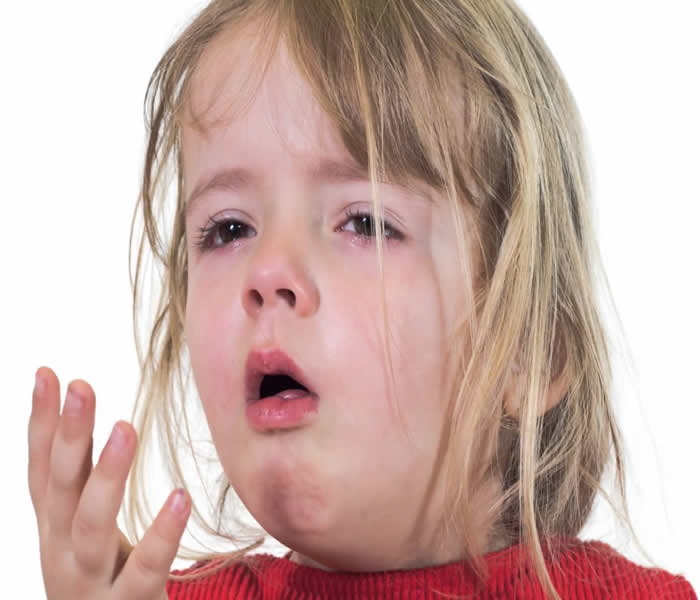What is Pertussis in Adult and Infant?
Pertussis, also known as Whooping cough, is a highly contagious respiratory disease. It is caused by the bacterium Bordetella pertussis. It is a serious infection that spreads easily from person to person through airborne germs from the nose and throat. While infants have the greatest chance of getting whooping cough, the illness can be contracted at any age. The disease causes uncontrollable, violent coughing spells that makes it hard to breathe, eat, or sleep.Pertussis (whooping cough) can cause serious illness in babies, children, teens, and adults. Symptoms of pertussis usually develop within 5 to 10 days after being exposed and full recovery from whooping cough may take two to three months.

Causes Pertussis/ Whooping cough
Whooping cough is caused by an infection with a bacterium known as Bordetella pertussis. The bacteria attach to the lining of the airways in the upper respiratory system and release toxins that lead to inflammation and swelling
Most people acquire the bacteria by breathing in the bacteria that are present in droplets released when an infected person coughs or sneezes.
Incubator Period of Whooping cough
This is the time between infection and the start of symptoms for whooping cough is usually between five to ten days, in some cases it could be as long as three weeks depending on the body. This means the signs of pertussis usually develop within five to ten days after being exposed.
Symptoms/Signs of Pertussis/ Whooping cough
At first the symptoms appear mild and resemble those of a common cold, such as:
- Cough
- Fever
- Nasal congestion
- Red, watery eyes
- Runny nose
- Cause extreme fatigue
- End with a high-pitched Whoop sound during the next breath of air
- Provoke vomiting
- Result in a red or blue face

How to diagnose Pertussis/ Whooping cough
When a victim notice that he has typical symptoms of whooping cough listed above, the doctor in charge could diagnose from the clinical history and physical examination.
In addition to a complete medical history and physical exam, diagnosis of whooping cough is often confirmed with a culture taken from the nose.
How to Prevent Pertussis/ Whooping cough
Preventing whooping cough starts by recognizing how young children and adult usually catch the bacteria, it could come from other family members. In most cases, it is a parent or sibling that passes whooping cough to other member of the family. Avoid having contact with fluid secreted from Pertusis victim.
Pertusis can be prevented by immunization with the pertussis vaccine. Since immunity from the pertussis vaccine wears off with time, many teenagers and adults get whooping cough. So for maximum protection against pertussis, children need five DTaP shots. The first three vaccinations are given at 2, 4, and 6 months of age. The fourth vaccination is given between 15-18 months of age, and a fifth is given when a child enters school, at 4-6 years of age.
Treatment for Pertussis/ Whooping cough
It's a bacterial infection, so it can be treated with antibiotics, usually Erythromycin or a family of antibiotics like erythromycin. Erythromycin should be taken for fourteen days.
Pertussis Home Remedies/Home Cure
|Native Apple
Bulbs of garlic
Lime orange
Complications of Pertussis/ Whooping cough
- Bruised or cracked ribs
- Abdominal hernias
- Broken blood vessels in the skin or the whites of youreyes
- The worst complication is death.
- Essential oils that may be helpful in easing the symptoms of Whooping Cough include tea tree oil, camphor, eucalyptus, lavender, chamomile and peppermint. Massage onto your child’s chest and back in a carrier oil to soothe the cough.
- Nutritional Supplements: Vitamin C in a high oral dose, therapeutic doses of vitamin D, unprocessed cod liver oil and probiotics can help strengthen the immune system. Children should drink plenty of fluids to prevent dehydration, and avoid dairy products which can exacerbate symptoms.




